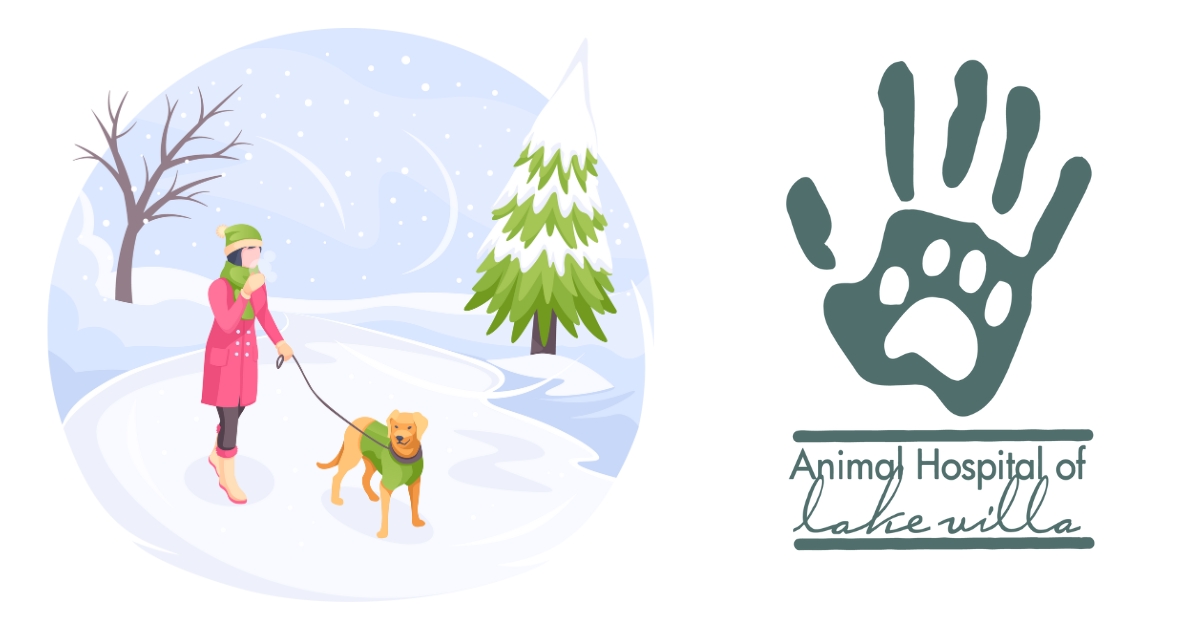
As the temperature drops and snow begins to blanket the ground, the winter season brings a unique set of challenges for pet owners. Ensuring the safety and comfort of our furry family members is paramount during these cold months. From frostbite prevention to choosing the right winter gear, here are essential tips to keep your pets safe, warm, and happy throughout the winter.
- Understanding the Cold: Just like humans, pets can suffer from hypothermia and frostbite in extremely cold temperatures. It’s important to understand your pet’s cold tolerance, which can vary based on their breed, size, age, and health.
- Limit Outdoor Time: During extreme cold spells, keep outdoor trips for walks and exercise brief to reduce the risk of frostbite and hypothermia. Monitor your pet closely for signs of discomfort or distress.
- Winter Gear for Warmth: Invest in appropriate winter gear like sweaters, coats, and booties, especially for short-haired breeds, puppies, and senior pets who are more susceptible to the cold. Ensure that the clothing fits comfortably without restricting movement.
- Paw Care: Salt and chemical ice melts can irritate and burn your pet’s paws. Wipe their paws with a damp cloth after outdoor walks to remove these substances. Consider using pet-safe ice melts on your property.
- Avoiding Frozen Hazards: Keep your pet away from frozen ponds, lakes, or rivers as the ice may not be strong enough to support their weight. Accidental slips into icy water can be life-threatening.
- Cozy Bedding: Provide warm, insulated bedding away from cold drafts for your pet’s comfort. A cozy bed in a warm room is ideal for those long winter naps.
- Monitor Food and Water: Pets may require more calories in the winter to keep warm. However, if your pet is less active during the colder months, be careful not to overfeed. Ensure their water doesn’t freeze if they spend time outdoors.
- Safe Heating Practices: Keep pets away from heaters, fireplaces, and space heaters to avoid burns or accidental fires. Never leave your pet unsupervised near open flames or heating sources.
- Be Visible: With shorter days and longer nights, ensure your pet is visible when outside. Use reflective leashes, collars, or clothing, especially if you walk your pet near traffic.
- Regular Health Check-ups: Winter can worsen certain health conditions like arthritis. Keep up with regular veterinary check-ups to manage any health issues.
By following these safety tips, you can ensure that your pet stays warm and protected throughout the winter season. Remember, a little preparation goes a long way in keeping our beloved pets safe during these chilly months. Stay warm and enjoy the winter wonderland with your furry friends!